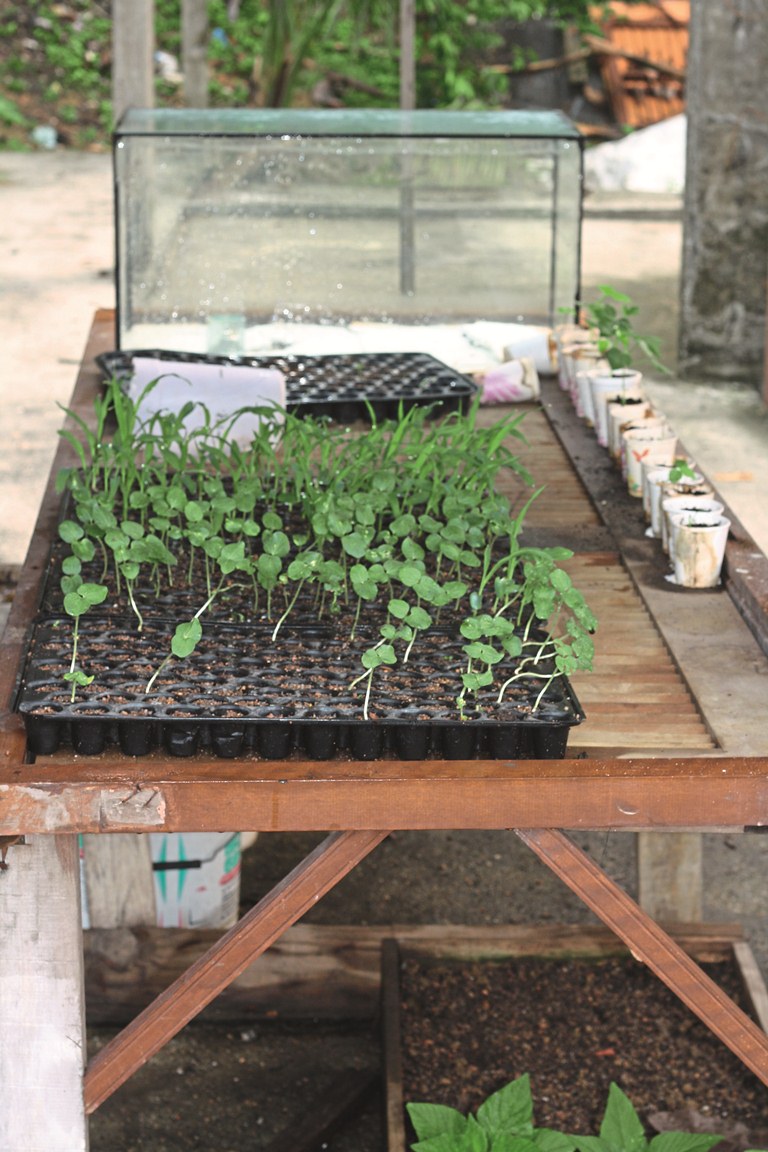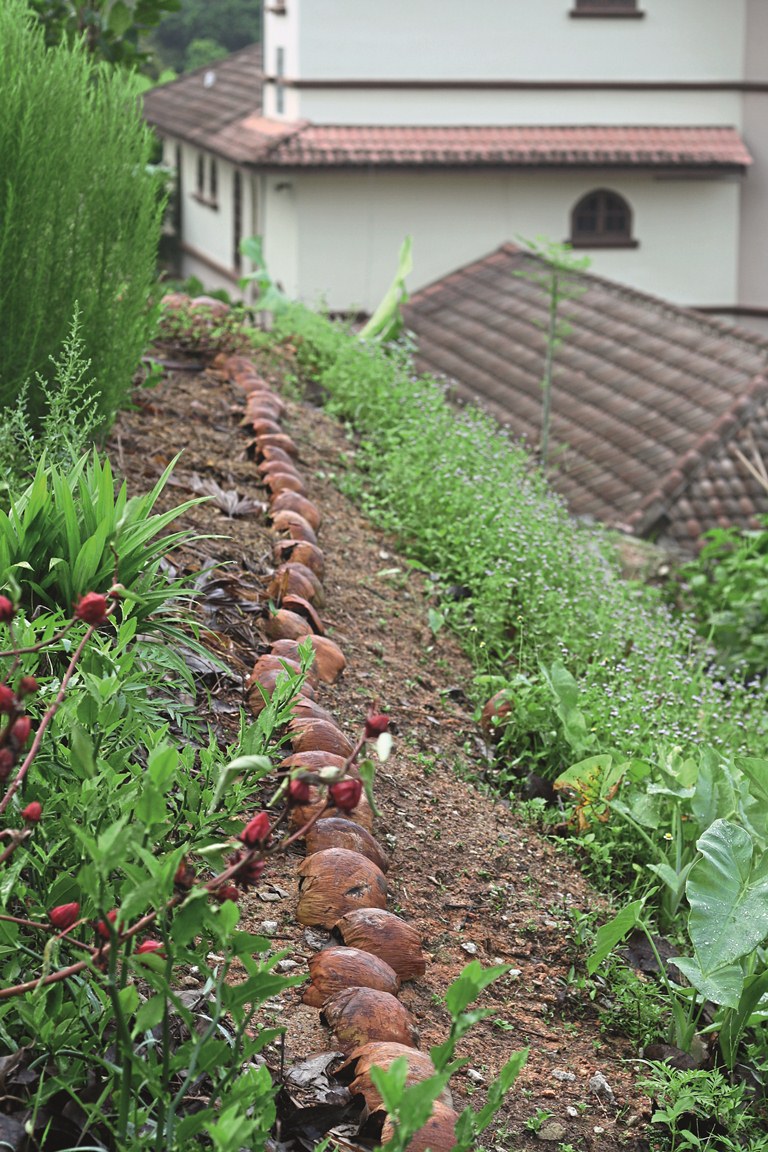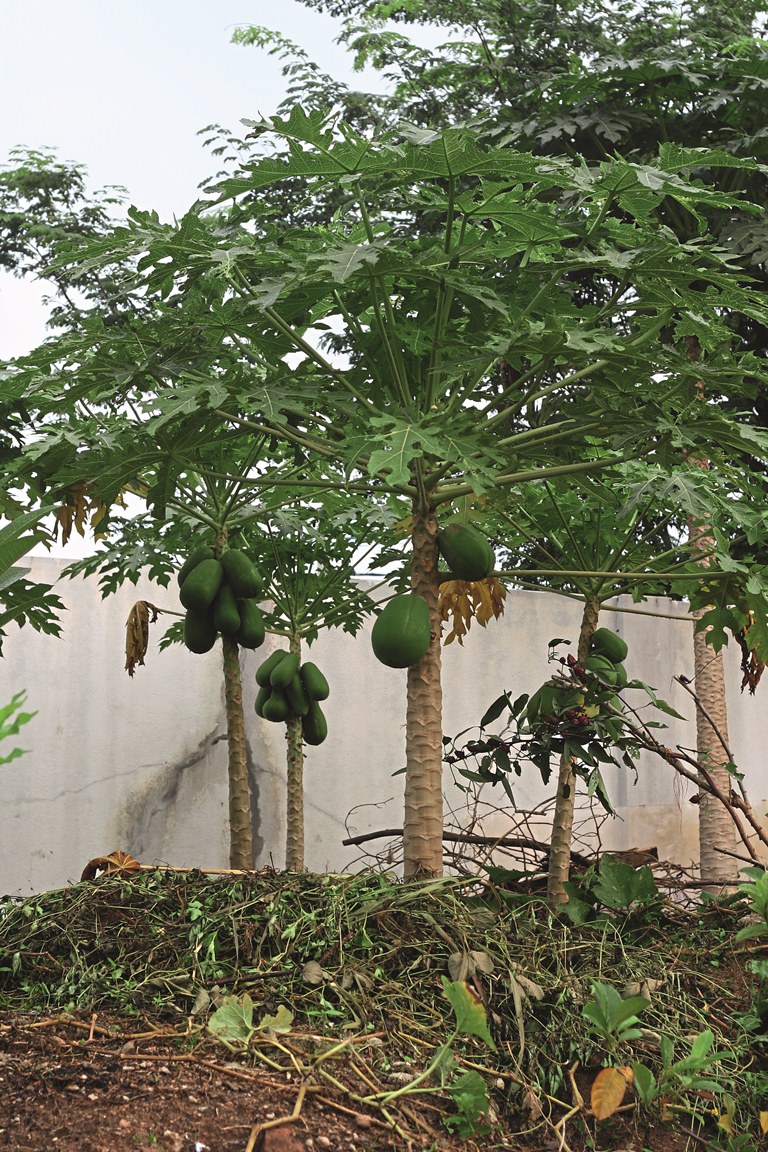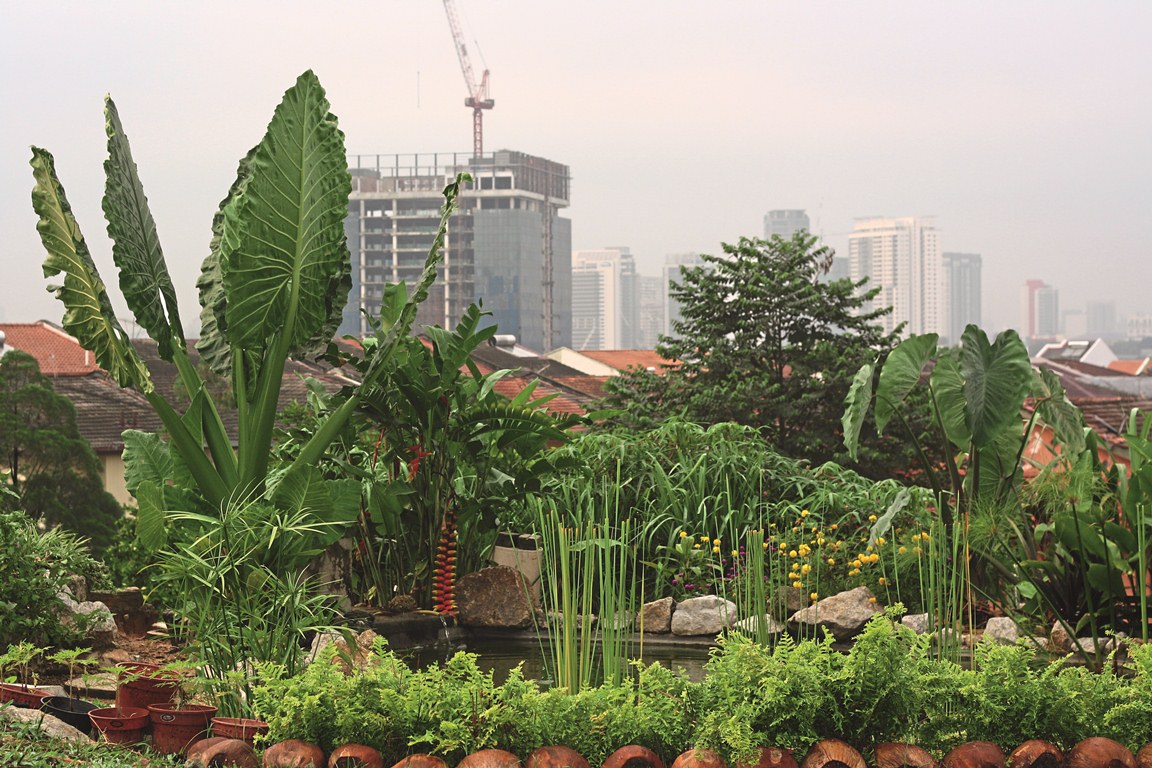Written by Saqib Sheikh.
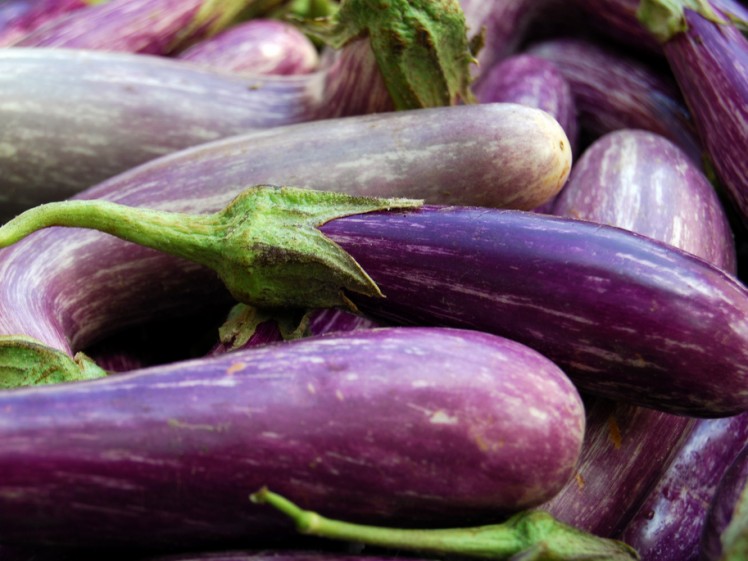
Photo credit: Alice Henneman / Foter.com / CC BY
The year-round warmth and sunshine in Malaysia enables Kuala Lumpur not only to exist amid a canopy of tropical foliage throughout the city, but allows its residents to take up the fun and challenge of urban agriculture. Saqib Sheikh takes a look at this increasingly popular trend.
Expats arriving in Kuala Lumpur for the first time are inevitably struck by its green vibrancy. Unlike many other major metropolitan cities, which tend to be bland concrete jungles dotted by skyscrapers, KL is teeming with tropical greenery, often found in the nooks and crannies of its infrastructure. Whether this greenery survives the continuing urban expansion remains to be seen, but for the time being, KL is a lush hub.
But there is a different type of green that is slowly creeping its way into the woodwork. This isn’t the wild untamed jungle. This isn’t the carefully manicured lawn. This isn’t the well-managed public parks or the unending palm tree plantations that greet visitors once they leave the airport. This type of green is the product of urbanites rolling their sleeves, shoveling some dirt, and planting some seeds within or near the confines of their condo or landed property. This is the rise of urban farming.
Urban farming is not something new to Southeast Asia. Many cities have centuries-long traditions of having citizens grow their own food. In Hanoi, Vietnam’s capital, for example, a majority of fresh vegetables are produced through urban agriculture. In Kuala Lumpur though, the tradition is not as deeply ingrained perhaps because the city is only just over a century old. But the trend is catching on.
Urban Farming Can Make a Difference
Those who follow the news will be aware that food security is right up there with other critical global issues expected in the 21st century, such as nuclear proliferation and climate change. Despite many of the more affluent countries experiencing food surpluses, there is still a tremendous shortfall in the ability of this food to reach hungry stomachs. Indeed, according to MercyCorps, one-third of the food produced worldwide is never consumed, while 300 million children go hungry daily.
The threat is so serious that the United Nations declared 2014 as the International Year of Family Farming to raise awareness on how family farming and shareholder farming can overcome this food gap and allow families to sustainably manage their own food source.
In Kuala Lumpur though, starvation is perhaps not as critical a problem. The merits of urban farming here come more through the physical exercise involved in this activity, being able to grow your own food is cheaper than buying it in the market, and eating more wholesome organic fruits and vegetables not soaked with herbicides, pesticides, and fungicides. Plus, once you get the hang of it, it can be an endless source of fun.
Urban Farming Techniques
Kuala Lumpur offers a mono-season much of the year round, with plenty of sunshine (haze notwithstanding) and rainfall. This gives it an advantage in growing all sorts of plants throughout the year. On the flipside, the topsoil in the tropical region tends to be quite thin and can wash away quickly after rain, which is a bit of a challenge when trying to grow things in a field, though not so much if you are just planting in pots at home.
Due to space limitations in the city, urban agriculturalists often resort to creative ways to grow food. One notable method is rooftop gardening, exploiting the unused rooftops of one’s house that have the best access to rain and sunlight. Indoors, many have now set up hydroponic systems, which use mineral solutions to grow plants and no soil, or aquaponic systems, which use fish to also provide nutrients to plants in a connected loop.
Some expats interested in taking up urban gardening should look into studying permaculture, an ecological design method pioneered in Australia in the 1970s. The principles of permaculture necessitate creating systems that are sustainable, using minimal outside resources and practical to implement. Permaculture can lend itself easily to urban settings as much as rural.
Trend Setters
KL’s urban farming movement is still waiting to pick up the pace, but there are a few trailblazers who are making their mark already. Here are some examples of organizations that have dedicated their time to making us all a bit more green:
Urban Hijau
Urban Hijau is more than just a simple garden, it is an attempt to be a real-life showcase of sustainability in the middle of the city. Located in Taman Tun Dr Ismail (TTDI), this social enterprise manages a unique half-acre acre site that produces organic fruits and vegetables for the wider community while educating them about the practices of permaculture.
Free Tree Society
Located in Bangsar, the Free Tree Society was started in 2012 for a special purpose. The society plants seeds and nurtures them into healthy seedlings before giving them for free to the public. The society arranges special give-away days where they gift hundreds of seedlings to the community in an attempt to beautify the suburban and urban environment.
Eats, Shoots & Roots
Eats, Shoots & Roots is a social enterprise with an expertise for organic gardening and a mission to pass this knowledge to the wider community. They conduct workshops, courses and consultancies to suit all sorts of clients interested in further greening themselves, from homes to businesses.
Getting Started
Expats with a fascination for the green side of life may want to consider buying a simple set of tools and planting a few pots at home first. Nothing beats the feeling of cooking a hearty meal with veggies that came from your own garden.
Growing food is usually a bit more challenging than just putting a seed in the soil and expecting it to sprout. Some basics of planting are making sure you water the soil in the early morning rather than evening, watering sufficiently without flooding the soil, and making sure the soil is healthy enough for the seed to grow.
Compost is the most vital supplement you can give your soil to ensure its ongoing health. Compost gives your plants essential nutrients and retains moisture to allow microorganisms to thrive. Using simple things such as recycled kitchen waste or yard waste can contribute to potent compost. For more details, get in touch with a local gardening or farming professional who can give some guidance.
Hopefully when your colleagues ask you about your next weekend plans, forget the art exhibit or movie screening, tell them you plan to get some dirt under your fingernails at the farm!
Read more:
"ExpatGo welcomes and encourages comments, input, and divergent opinions. However, we kindly request that you use suitable language in your comments, and refrain from any sort of personal attack, hate speech, or disparaging rhetoric. Comments not in line with this are subject to removal from the site. "



